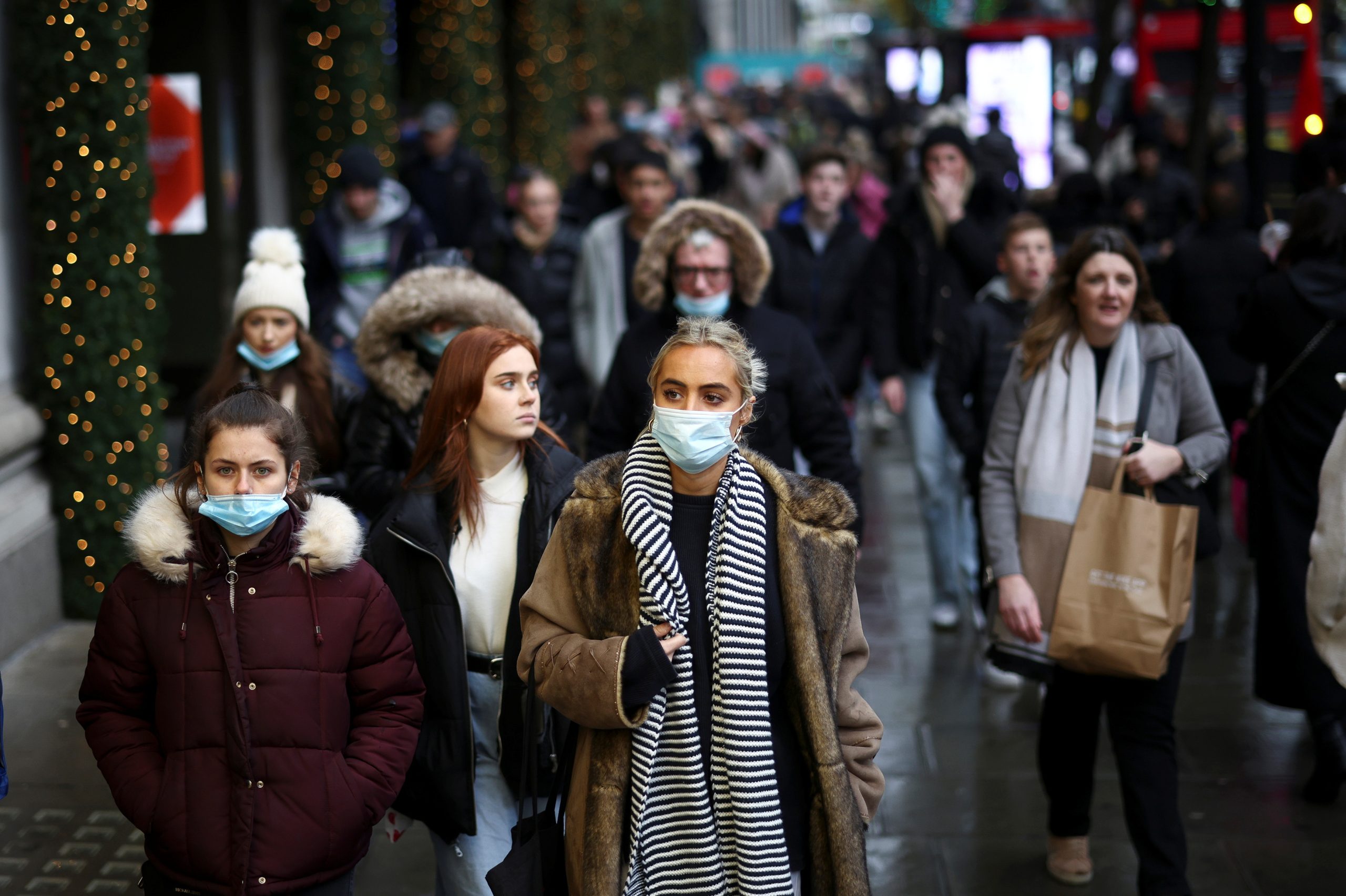In late 2020 as we hid from COVID behind the moat of “fortress Australia”, we started to hear that in some people, COVID symptoms persisted for months. They were called “long haulers” or had “long COVID”.
Contrary to what we’d expected, it wasn’t just affecting people’s lungs or breathing. Long haulers were experiencing an enormous range of other symptoms: fatigue that was worse after activity, muscle aches and pains, headache, and cognitive dysfunction or brain fog.
A parliamentary inquiry is currently investigating Australia’s response to long COVID – patient experiences, the health system’s response and what the latest research shows.
Three years in
It’s now clear we got some key things wrong about long COVID earlier in the pandemic. Three years in, and with an estimated 65 million people affected by long COVID, here are five things we now know or suspect about the condition.
We now know full recovery of lung function is not guaranteed for people with long COVID: one in five still complain of severe breathlessness and 10% have severe functional impairment.
Among people admitted to hospital, studies report impaired lung function, abnormal chest scans, impaired capacity to exercise and persistent breathlessness months after leaving hospital, especially for those who needed breathing support in ICU.
In those people who where hospitalised with COVID-19 pneumonia and who have persistent breathlessness, pulmonary (lung) rehabilitation improves quality of life and exercise tolerance. While this evidence is not strong, it is consistent, across one randomised control trial and seven observational studies.
We need a national approach to assess all patients who survive hospitalisation, to determine if they are still breathless and ensuring they have access to pulmonary rehabilitation.
Early on, we failed to understand COVID would increase the risk and worsen other chronic diseases.
Since then, large population studies have clearly documented people with long COVID are at increased risk of stroke and heart disease and an increased risk of diabetes.
Time to recover
These problems are more likely in those who are socially disadvantaged, and unable to have sufficient time to recover.
We initially thought of long COVID as a single disorder. We now know it’s a complex condition, caused by a number of different factors. Emerging evidence suggests this includes:
impaired immunity
the development of autoantibodies (where the immune system attacks the self)
the persistence of the SARS-CoV-2 virus
microclots (small blood clots and/or damage to blood vessels).
Studies investigating these causes are still small and observational – and these factors are likely overlap and vary among sufferers. The only way to address these issues will be with further research.
A number of treatments are advocated, but they all need to be tested in properly controlled trials, too few of which are in progress.
In the past we had not devoted sufficient resources to treat post-infectious or immune syndromes such as myalgic encephalitis or chronic fatigue syndrome (ME/CFS). These syndromes are defined by excessive fatigue, which worsens after exertion, and include cognitive impairment or brain fog.
Disease and disability
These symptoms are responsible for much of the disease and disability associated with long COVID in many people and are often more prevalent than respiratory problems.
Severe cases of long COVID, ME/CFS and other post-infectious syndromes may include a condition known as POTS (postural orthostatic tachycardia syndrome), where an excessive heart rate results in falls in blood pressure with even mild exertion.
Unlike survivors of COVID pneumonia, people with POTS are much less likely to benefit from traditional exercise-based rehabilitation programmes. Such programs may even exacerbate their symptoms.
Instead, approaches are proposed that have been previously applied to ME/CFS and POTS are proposed, including exercise pacing, and medication regimes. However, there is a lack of good evidence, and while trials are underway, they are few, especially in Australia.
Finally, there has been the problem of attributing long COVID to poor mental health. While worsened mental health often accompanies chronic disease, this link for long COVID has been overstated and we are at risk of dismissing the physiological problem.
A large population study of more than 1.3 million people following COVID demonstrated that while there was an initial increase in anxiety and depression, it was transient, unlike features of long COVID such cognitive dysfunction.
COVID treatment has focused on the acute life-threatening illness and largely ignored the long-term consequences. But long COVID isn’t a problem that will disappear. It requires investigation into the illness it causes, robust clinical trials into treatments and effective models of care. This is not currently happening.




 Ticker Views3 days ago
Ticker Views3 days ago


 Crypto4 days ago
Crypto4 days ago


 News20 hours ago
News20 hours ago


 Tech4 days ago
Tech4 days ago


 Money1 day ago
Money1 day ago


 News2 days ago
News2 days ago


 News1 day ago
News1 day ago


 Docos21 hours ago
Docos21 hours ago








